
|
|
# 2023 Carbon Cell |
|
Carbon Cell is a groundbreaking, carbon-negative, and fully biodegradable foam designed to replace conventional foams like expanded polystyrene (EPS) and expanded polyurethane (EPU). By 2024, EPS production is projected to fill 2.5 million trucks per year. Carbon Cell integrates biochar, derived from waste such as discarded potatoes, into its structure, capturing up to 3.6 tonnes of CO2 per tonne of waste in the process. With superior thermal and compressive properties, Carbon Cell stands as an eco-friendly alternative to polystyrene in multiple industries.
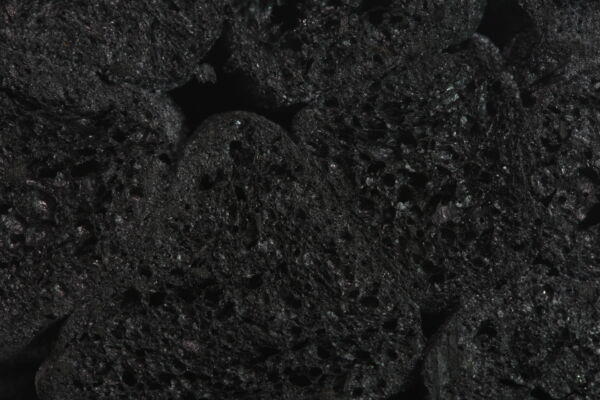
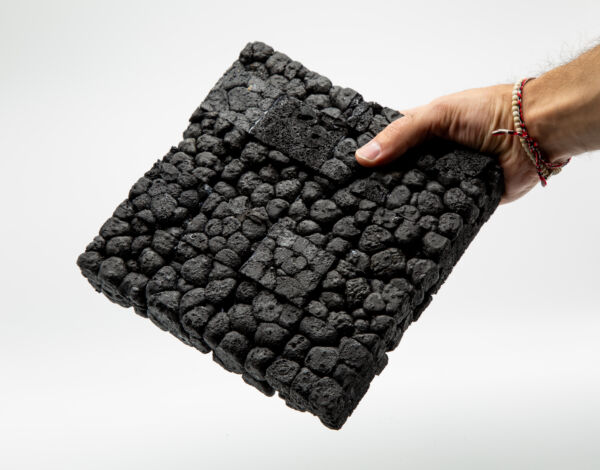
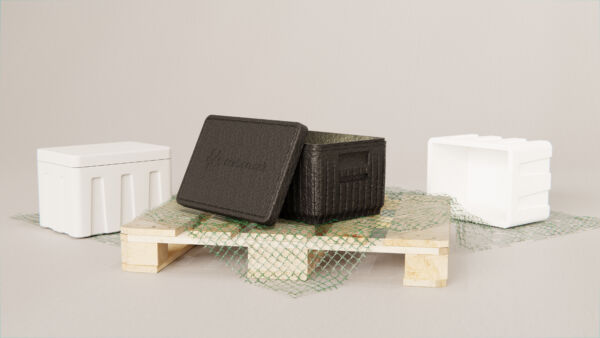

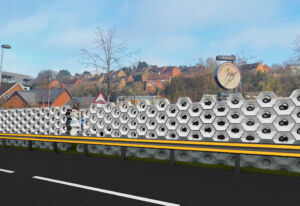
Revolutionising biomass production by turning noise into growth

Bio-based polyurethanes to replace harmful petrol-plastics

Mycelium blocks for temporary architecture solutions and prototyping
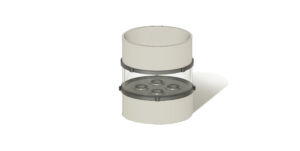
Universidad Autónoma de Nuevo León
Bioengineering solution to detect and degrade air pollution